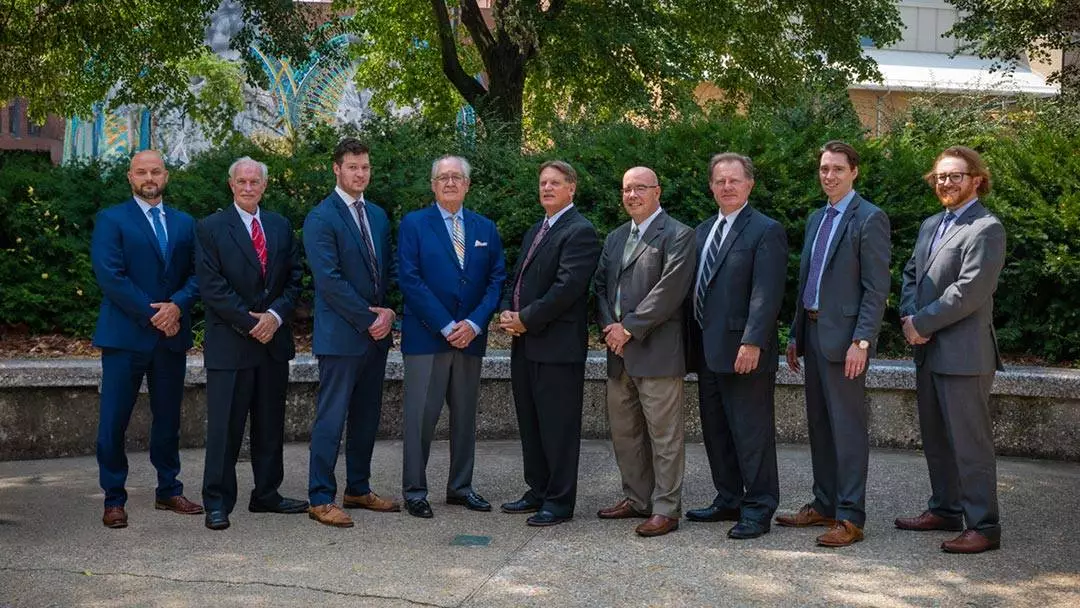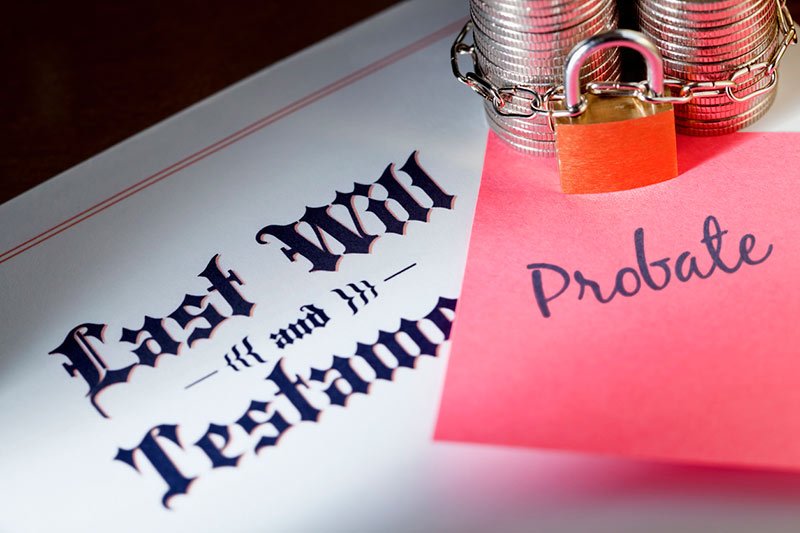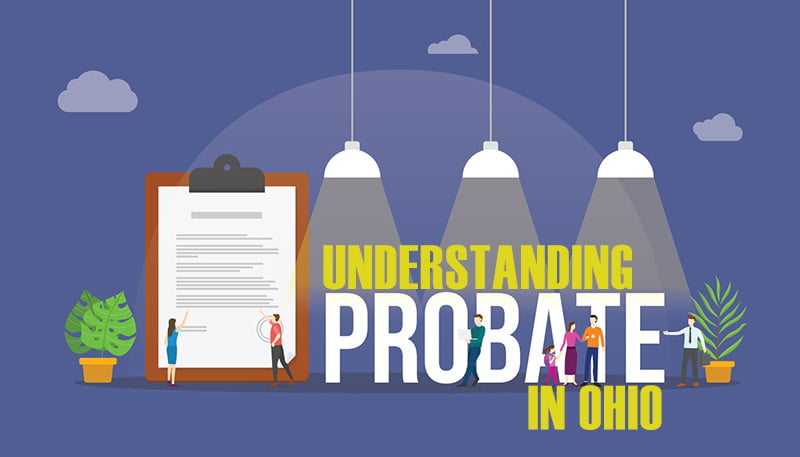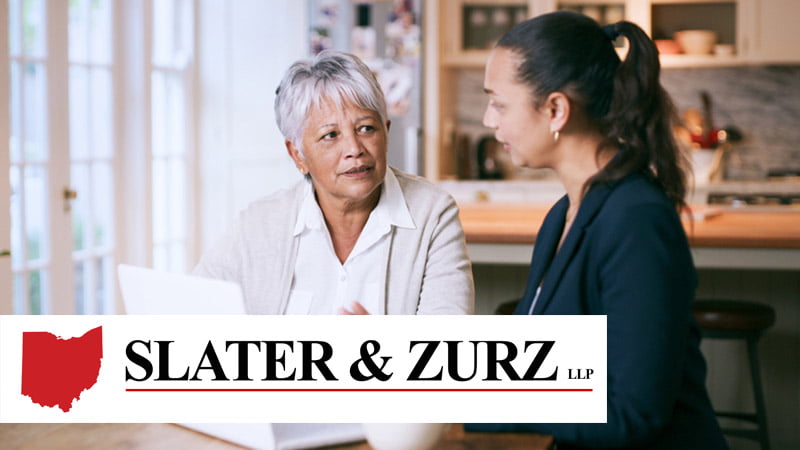Your last will and testament, more commonly known as a will, is a critical part of the estate planning process performed by a probate lawyer. No matter how much you own or how little, everything you own becomes your estate when you die. Your estate will be legally distributed according to the wishes spelled out in your will.
A will can protect your heirs and dependents when you die, provide for minor children, or ensure that a beloved partner is financially secure. The clear directions in a will are intended to prevent family members from squabbling over your assets and allow you control over your financial affairs even after you’re gone.
However, not everyone dies with a will in place. If this has happened to a loved one, you may have many questions. An experienced and knowledgeable Akron probate lawyer can help protect your rights.
What Does It Mean to Die Intestate?
Intestate is a legal term that means without a will or a legal, written document that states how you want your assets allocated after you pass. Dying intestate can have many negative consequences for your family and loved ones.
Intestate Laws in Ohio
After you die, all of your assets, including bank accounts, real estate, property, jewelry, and other belongings, become your estate. Everyone has an estate, and this is what a will is intended to distribute and protect legally.
A will should name an executor—a responsible individual who represents the estate and is tasked to follow the terms of the will.
Every estate requires an executor or administrator, so if you die intestate, an Ohio probate court will appoint an administrator. Many administrators are retired probate lawyers who understand the details of Ohio succession laws and can serve as a neutral third party.
Ohio intestacy laws and probate courts govern the distribution of the property of an individual who dies without a will. These laws favor close relations and heirs, starting with the surviving spouse, then biological and adopted children.
A minor child’s share of an estate is governed by a guardianship or other supervisory agreement, which protects their inheritance until they turn 18. At that point, they receive the inheritance in full, with no restrictions.
However, if your children are deceased, their children (your grandchildren) will inherit part of your estate after your spouse. Ohio intestacy laws may also include other considerations, depending on your family composition.
Your Property Could Revert to the State of Ohio
Sometimes, a person dies without a will, and no surviving heirs can be located. In that case, the property is transferred to the state.
Even your closest friends cannot receive any part of your estate without a will. Suppose you plan to donate assets to a favorite charity after passing. If you die intestate, that charity will not be able to benefit from your generosity.
Intestate Estates Have a Court-Appointed Executor
When your wills and trusts attorney drafts your will, they help you name an executor of your estate. This could be a trusted family member, like your spouse. You may also opt for a professional executor service, which many probate lawyers provide.
It’s unlikely that a court-appointed administrator is one you would have chosen to supervise your affairs.
Your Children Inherit Early
Parents who die intestate cannot choose a guardian for their children; the court and state determine who will care for their children until they turn 18. You may have planned for a partner or stepparent to care for your children, but this may not always happen.
Furthermore, the state determines who will manage your child’s inheritance until they turn 18. If you had planned for their inheritance to be used for their education or to help pay for a home when they reach a certain age, your wishes might not be honored.
Understanding the Ohio Intestate Succession Process
Understanding Ohio intestate laws can help you if someone close to you dies without a will. A probate lawyer will help you file a claim if you believe you should have inherited something, but knowing how the succession process works can help you better understand any court proceedings.
Once the probate court has appointed an administrator, the administrator petitions the probate court to open the estate by filing the appropriate documents. Then, the administrator undertakes the process of determining who is related to the deceased and how closely. Usually, they make a family tree.
The estate is then valued, and the administrator determines which assets need to be probated. These are usually property, funds, or accounts that don’t have a named beneficiary.
Some types of assets have a beneficiary or are under a transfer-on-death-clause and pass directly to that party, such as:
- Life insurance benefits
- A car or other vehicle
- Property held in trust
- Bank accounts or investment accounts
- Retirement accounts
Once the administrator inventories and values the estate’s assets, they enumerate the debts. Any creditor of the deceased may file a claim for payment against the estate, and the administrator pays valid debts before distributing the assets.
Suppose the deceased owed money on a vehicle, house, or other property. In that case, the estate administrator will need to pay those loans off before the property can be considered eligible for the heirs to receive.
Once the estate is valued, appropriate debts are paid, and assets are distributed, the administrator files a final accounting with the probate court.
With a will, the probate process goes much faster, as the executor follows the will’s instructions and doesn’t have to do as much detective work to find heirs, assets, and debts before processing the estate.
Contact an Experienced Ohio Wills and Trusts Attorney for Help
If someone close to you dies without a will in place and you’re concerned about receiving your rightful inheritance, we can help. Contact Slater & Zurz to speak with a probate lawyer about your case.
It’s never too early to be prepared. You want to make sure your loved ones are protected and supported after you pass. We can help you with your estate planning process. Contact us today to learn more about our wills and trusts services!






